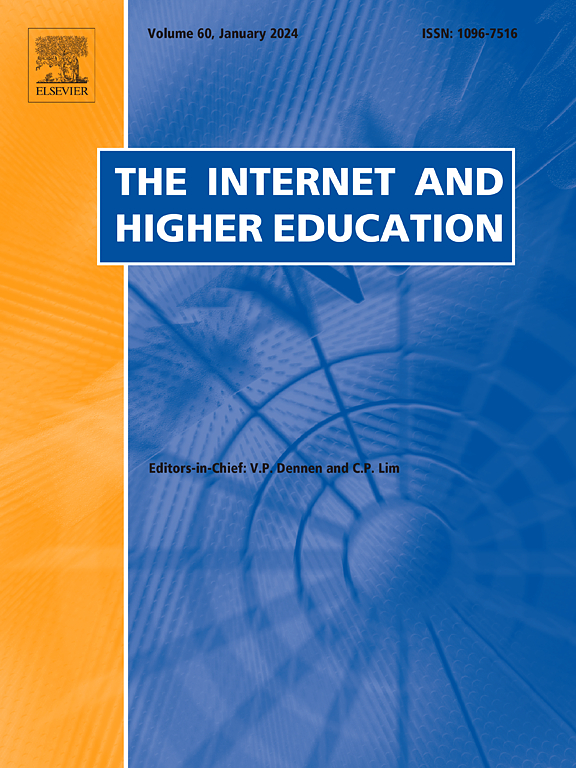残疾学生在高等教育中使用生成式人工智能
IF 6.8
1区 教育学
Q1 EDUCATION & EDUCATIONAL RESEARCH
引用次数: 0
摘要
生成式人工智能在教育领域的使用存在争议,主要是因为它对学术诚信的潜在影响。然而,一些学者认为,这可能对残疾学生特别有益。到目前为止,还没有实证研究发现这些学生如何在学术写作中使用生成人工智能。根据之前的访谈研究和人工智能素养模型,我们调查了学生对生成式人工智能的使用情况,并从残疾学生那里获得了124份有效的回复。我们确定了影响写作的主要条件,如多动症、阅读障碍、运动障碍和自闭症。使用的主要生成人工智能是聊天机器人,特别是ChatGPT,以及重写应用程序。它们被广泛用于学术写作任务中。残疾学生的主要担忧包括人工智能答案的不准确性、学术诚信风险和订阅成本障碍。学生们表达了参与人工智能政策制定和大学提供生成式人工智能培训的强烈愿望。论文最后提出了解决教育差异和促进包容性的建议。本文章由计算机程序翻译,如有差异,请以英文原文为准。
The use of generative AI by students with disabilities in higher education
The use of generative AI is controversial in education largely because of its potential impact on academic integrity. Yet some scholars have suggested it could be particularly beneficial for students with disabilities. To date there has been no empirical research to discover how these students use generative AI in academic writing. Informed by a prior interview study and AI-literacy model, we surveyed students regarding their use of generative AI, and gained 124 valid responses from students with disabilities. We identified primary conditions affecting writing such as ADHD, dyslexia, dyspraxia, and autism. The main generative AI used were chatbots, particularly ChatGPT, and rewriting applications. They were used in a wide range of academic writing tasks. Key concerns students with disabilities had included the inaccuracy of AI answers, risks to academic integrity, and subscription cost barriers. Students expressed a strong desire to participate in AI policymaking and for universities to provide generative AI training. The paper concludes with recommendations to address educational disparities and foster inclusivity.
求助全文
通过发布文献求助,成功后即可免费获取论文全文。
去求助
来源期刊

Internet and Higher Education
EDUCATION & EDUCATIONAL RESEARCH-
CiteScore
19.30
自引率
4.70%
发文量
30
审稿时长
40 days
期刊介绍:
The Internet and Higher Education is a quarterly peer-reviewed journal focused on contemporary issues and future trends in online learning, teaching, and administration within post-secondary education. It welcomes contributions from diverse academic disciplines worldwide and provides a platform for theory papers, research studies, critical essays, editorials, reviews, case studies, and social commentary.
 求助内容:
求助内容: 应助结果提醒方式:
应助结果提醒方式:


